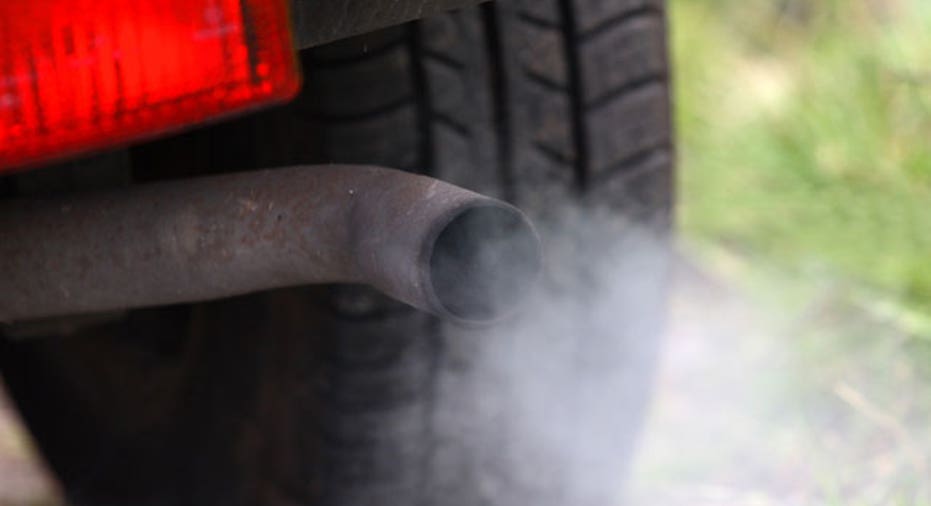How to Choose Replacement Car Parts

While many people budget for car payments, insurance and gasoline, it can be a bit harder to plan for the cost of repairs and maintenance on your car. When you are hit with a high quote from your mechanic, one way to save money is to ask for aftermarket car parts instead of parts from the original equipment manufacturer, or OEM.
But replacing car parts from the manufacturer may not be best for your car, and may actually cost you more in the long run. Here are some guidelines on when to cut corners with aftermarket parts and when to dig a little deeper into your wallet and spring for OEM parts.
Regularly scheduled maintenance. Every manufacturer lists its recommendations for regular maintenance in the owner's manual, and some service intervals recommend a lot more extensive work than others, much to the surprise of some car owners. In general, you can save money by asking your mechanic to use aftermarket fluids, filters and other car parts during these service intervals without compromising the performance of your car.
Replacement of wear-and-tear parts. Certain car parts, such as brakes, tires and windshield wipers, simply wear out over time and need to be replaced. Many people choose to replace these types of items with aftermarket parts, and this is almost always perfectly acceptable and can represent a big savings. For tires and brakes, you'll want to be careful that the aftermarket items are equal to or better than the original equipment in terms of size and specs, or they may compromise the performance of your car.
Failure of mechanical parts. It's a mixed bag of whether aftermarket car parts are as good as original equipment when it comes to a mechanical part failing in your car. For items related to your car's computer system, such as the wide range of sensors that can fail, it's best to stick with original equipment. For other mechanical items, aftermarket parts may be just fine.
For example, many engine components are produced by one supplier for many manufacturers as well as for the aftermarket, so purchasing the aftermarket version may mean you are buying the exact same component as the original, except without the brand name and extra cost.
Body damage. When it comes to damage to your car's body, it's best to stick with original equipment car parts to replace any item that relates to the car's safety and performance in a crash. As numerous studies have shown, there are dramatic differences in the same car's performance in a crash with original equipment versus aftermarket parts, unless they are certified to meet the same standards as the original.



















